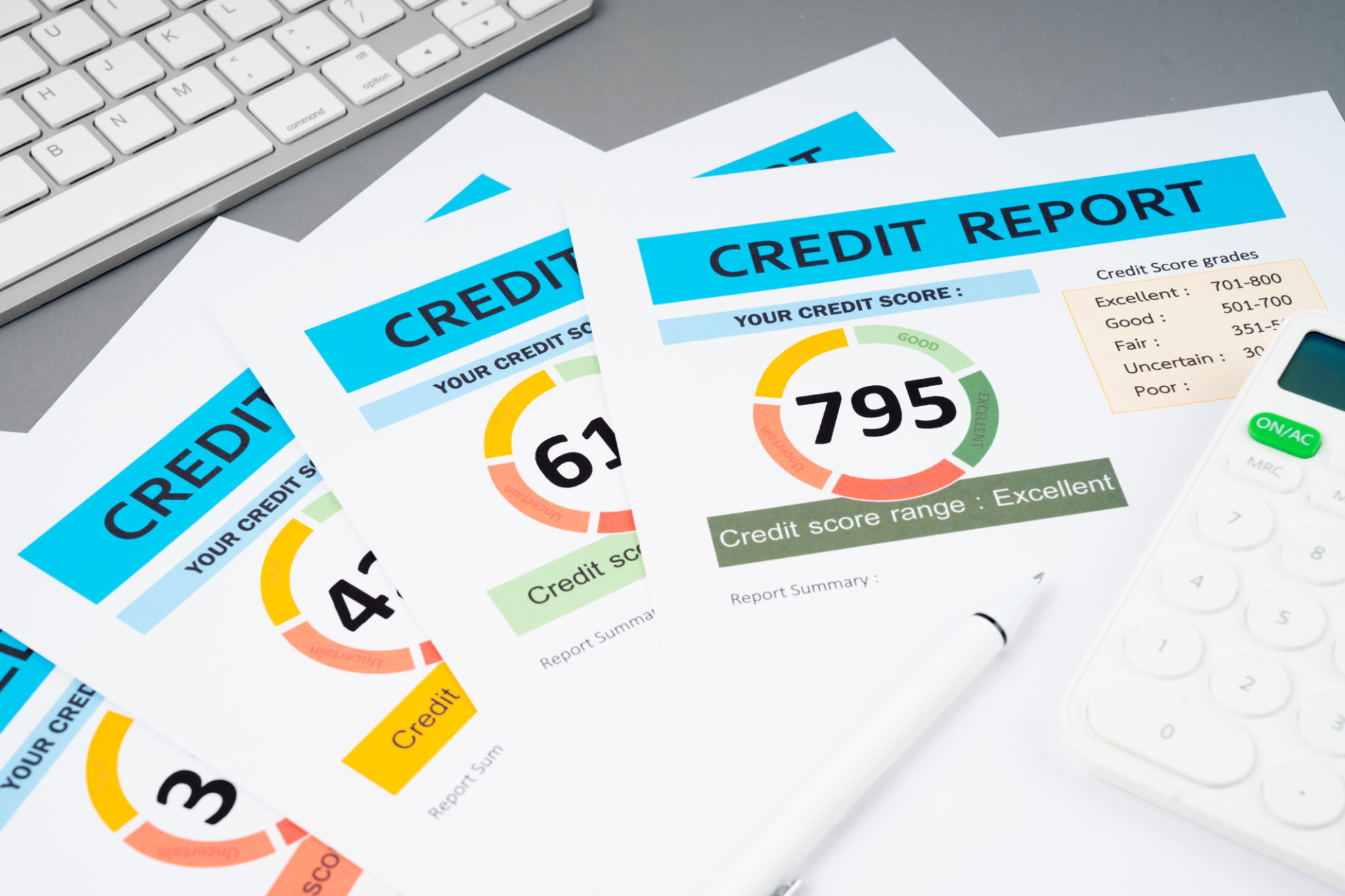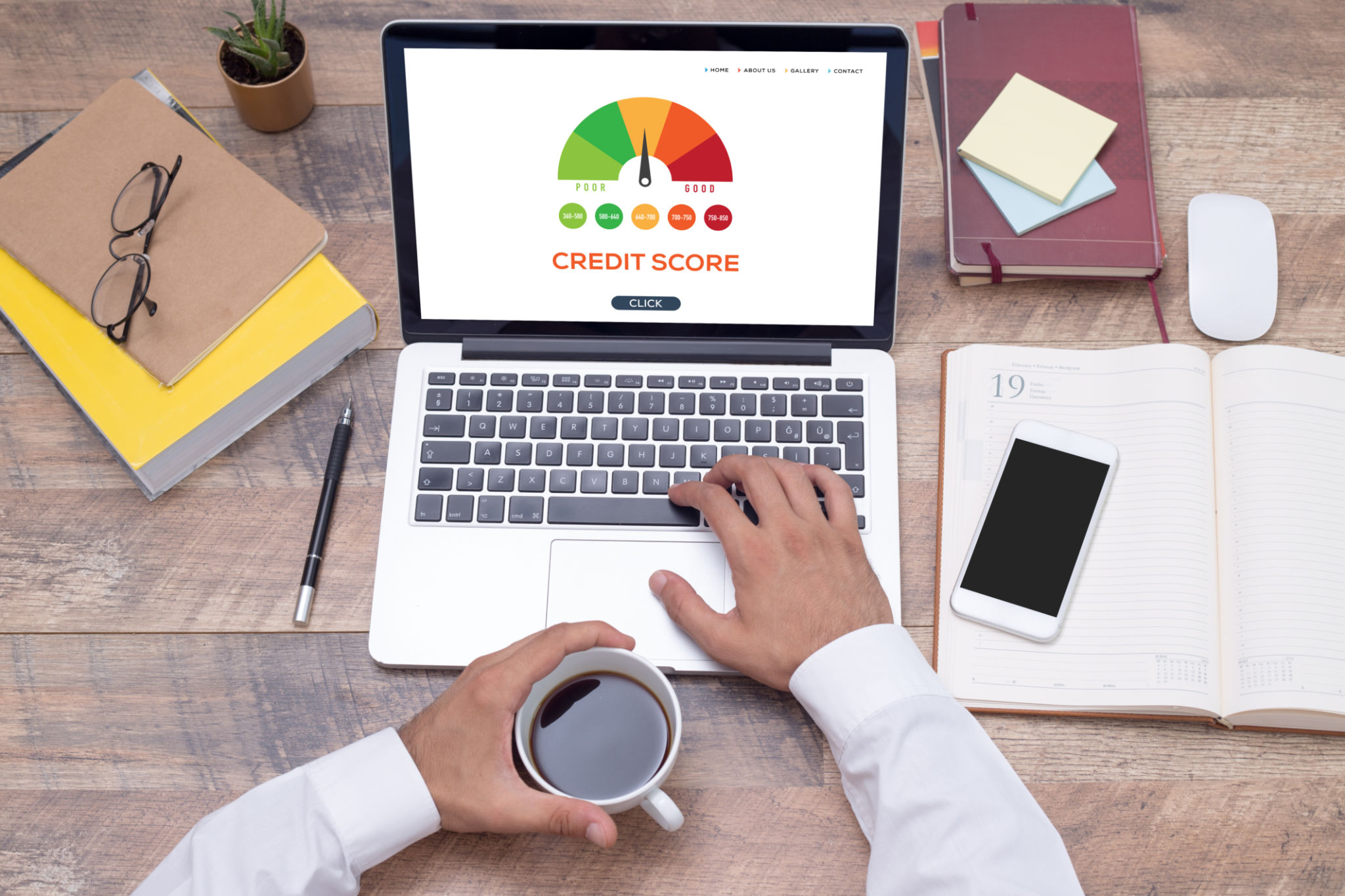DIY Credit Repair: Steps to Improve Your Credit Score
Understanding Your Credit Score
Your credit score is a crucial financial tool that can impact your ability to secure loans, obtain favorable interest rates, and even affect job opportunities. Understanding how your credit score is calculated is the first step in the DIY credit repair journey. Credit scores are typically influenced by factors such as payment history, credit utilization, length of credit history, new credit inquiries, and types of credit used.
Payment history carries the most weight, accounting for about 35% of your score. This means timely payments on your debts have a significant positive impact. Credit utilization, which is the ratio of your credit card balances to your credit limits, is the second most important factor. Keeping this ratio below 30% is advisable.

Reviewing Your Credit Reports
One of the essential steps in DIY credit repair is obtaining and reviewing your credit reports from the three major credit bureaus: Equifax, Experian, and TransUnion. You can access these reports for free once a year at AnnualCreditReport.com. Carefully review each report for errors or inaccuracies that could be dragging down your score.
Common mistakes include incorrect personal information, accounts that don't belong to you, and inaccurately reported late payments. If you identify any errors, you have the right to dispute them with the relevant credit bureau. Correcting these inaccuracies can result in a noticeable improvement in your credit score.
Disputing Errors on Your Credit Report
If you find discrepancies on your credit report, it's important to take swift action to dispute them. Start by gathering documentation that supports your claim. This could include bank statements, payment confirmations, or correspondence with creditors. You can file a dispute online, by phone, or via mail with the respective credit bureau.

Once you've filed a dispute, the credit bureau is required to investigate within 30 days. If they find your claim valid, they must correct the error and notify all three bureaus. This process can result in a significant boost to your credit score if errors are corrected.
Developing a Debt Repayment Strategy
Reducing outstanding debt is another effective strategy for improving your credit score. Start by listing all your debts along with their interest rates and minimum monthly payments. Consider using debt repayment methods such as the snowball or avalanche approach to systematically pay down your debts.
- The snowball method focuses on paying off the smallest debts first while making minimum payments on larger ones.
- The avalanche method prioritizes debts with the highest interest rates for faster savings on interest payments.
Establishing Positive Credit Habits
Beyond managing current debt, establishing positive credit habits is vital for ongoing credit health. Set up payment reminders or automate payments to ensure you never miss a due date. Additionally, consider keeping old accounts open to maintain a long credit history, unless there’s a compelling reason to close them.

Another effective habit is to regularly check your credit utilization rate and keep it below 30%. This involves paying down balances strategically or requesting higher credit limits if necessary.
Building New Credit Wisely
If you have limited credit history or are working to rebuild your score, opening new lines of credit responsibly can be beneficial. Consider secured credit cards or becoming an authorized user on a trusted person’s account. These options can help you build positive payment history without the risk of accumulating significant debt.
Avoid applying for too many new accounts at once, as each application results in a hard inquiry on your report, which can temporarily lower your score. Instead, focus on establishing a good track record with one or two accounts initially.
